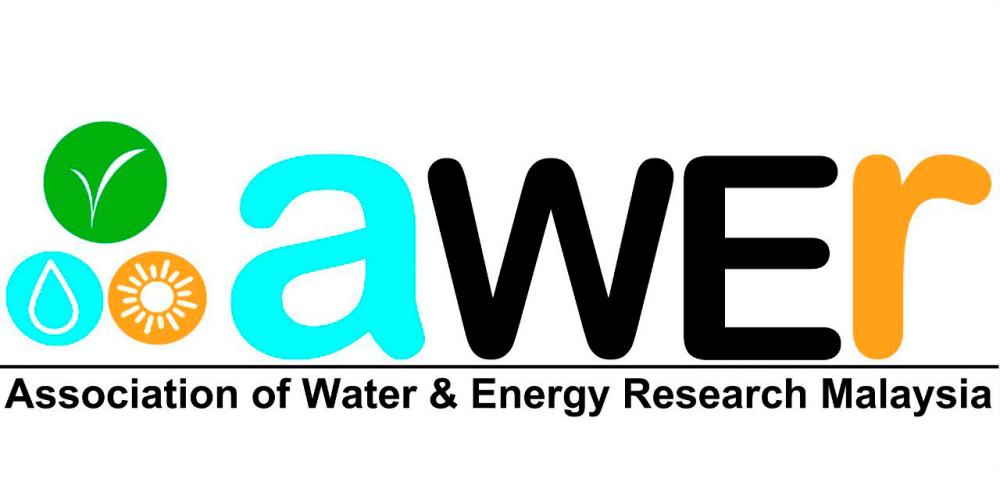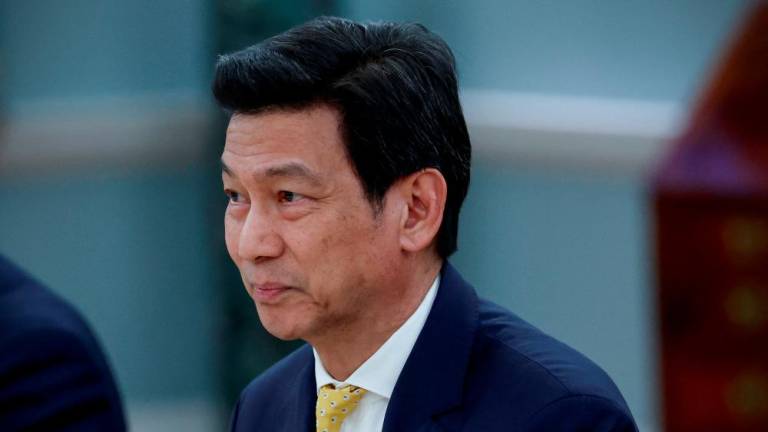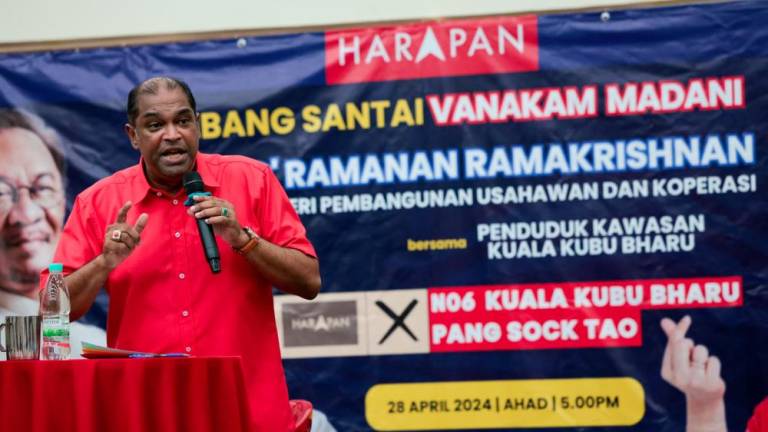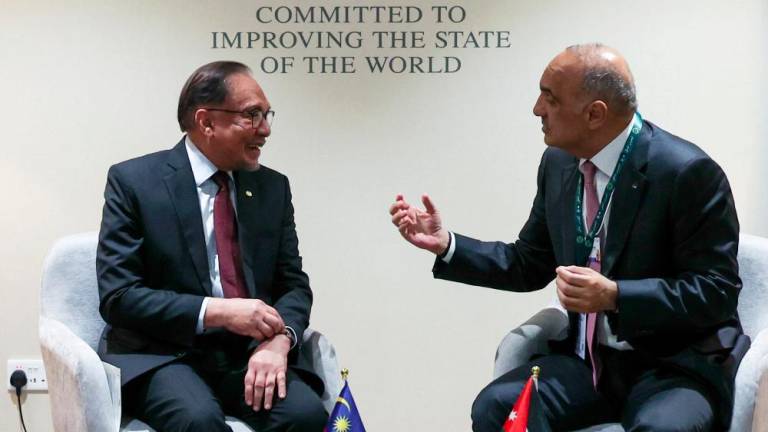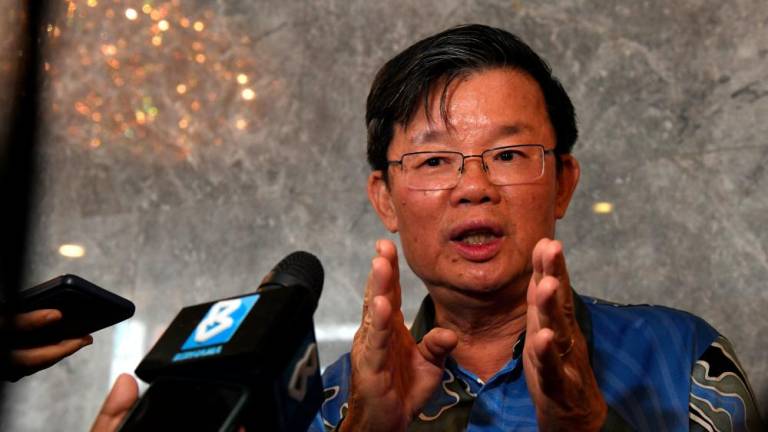KUALA LUMPUR: A comprehensive national energy policy to ensure that the social, economic and environmental parameters are well balanced is needed, the Association of Water and Energy Research Malaysia (Awer) said.
Its president S. Piarapakaran urged the government to incorporate this in Budget 2023.
While a major fuel mix and energy transition will take place in the coming three decades, it is important for the government to take stock of past failures that have unfairly resulted in making Malaysians and its economic sectors pay a higher cost.
“The government must look into implementing energy efficiency full-scale across the board. It is vital to ensure energy consumption patterns move towards more efficient solutions via behavioural changes, technology overhaul and retrofitting.
“Efficiency is the major parameter in keeping the energy demand curve flatter. Additionally, technological solutions chosen must be made after proper studies of Life Cycle Analysis are done to ensure we do not end up with new environ-mental problems,“ he told Bernama, outlining the association’s wish-list for Budget 2023, which will be presented on Oct 7.
Minister in the Prime Minister’s Department (Economy) Datuk Seri Mustapa Mohamed had previously reiterated the country’s commitment to a low-carbon energy transition. The National Energy Policy 2021-2040 is scheduled to be launched later this year.
Piarapakaran said the government must also “select and match” energy resources carefully to ensure private and public sectors do not overinvest in infrastructures.
“By using the “select and match” approach, targeted and efficient infrastructure developments can be done in a speedier manner,” he said, adding that a mistake in the National Energy Policy will lead to irreversible damage to the economy and a devastating outcome by 2050.
Awer is also proposing the government develop regulations for energy efficiency in buildings enforceable on new buildings and retrofitting for existing buildings.
Piarapakaran said the regulation must improve heating, ventilation and air conditioning systems, building materials and designs, insulation materials and other emerging applications.
“Through this, all buildings can be designed to be energy-efficient at the construction stage and will be able to assist in reducing peak load,“ he said.
Piarapakaran said the inclusion of building efficiency, thermal efficiency and energy use in the transportation sector in demand-side management is important for holistic energy use management.
“The optimisation of consumption by increasing efficiency will reduce energy demand. This will save billions of ringgit,” he said.
The association is also urging the government to introduce energy-efficient vehicles accompanied by mandatory energy efficiency labelling and minimum energy performance standard.
“Improving public transportation is time-consuming. It is important that vehicle energy efficiency is implemented to ensure only efficient fuel-consuming vehicles are sold in Malaysia.
“This will directly reduce fuel expenses, energy demand and emission in the transporation sector,” Piarapakaran said.
He said Awer has successfully introduced minimum energy performance standard and mandatory energy-efficiency labelling for electrical products. Perhaps, a similar mechanism can be implemented for vehicles.
In addition, Piarapakaran said for energy-efficient vehicles, a mechanism must properly measure the total environmental impact of vehicle types.
“When Life Cycle Assessment is used to evaluate electric vehicles, their environmental performance does not give encouraging results compared with energy-efficient vehicles using internal combustion engines.
“Be mindful when selecting mechanisms to improve national environmental performance,” he said.



